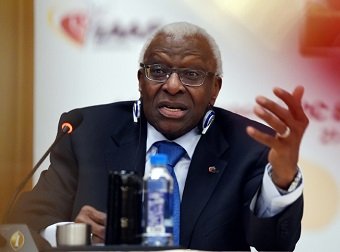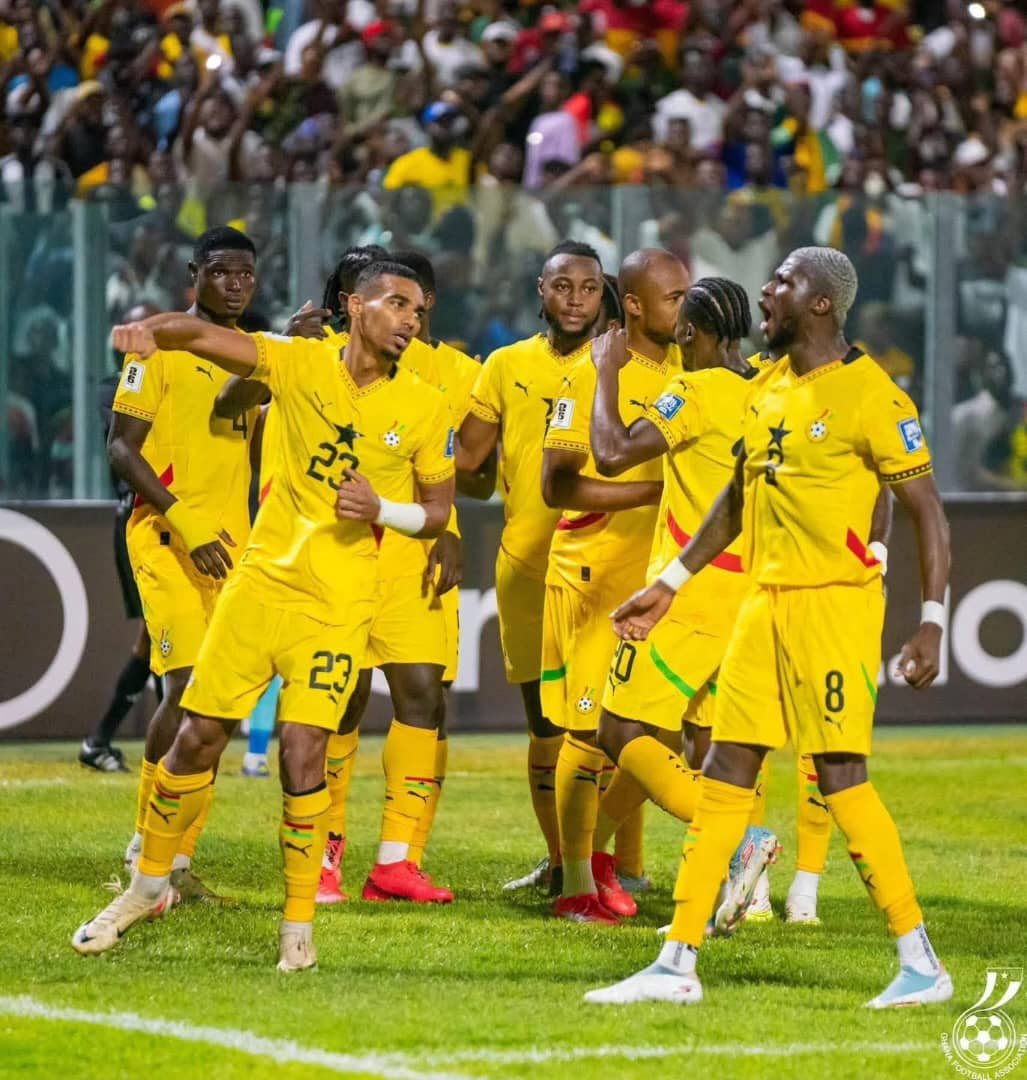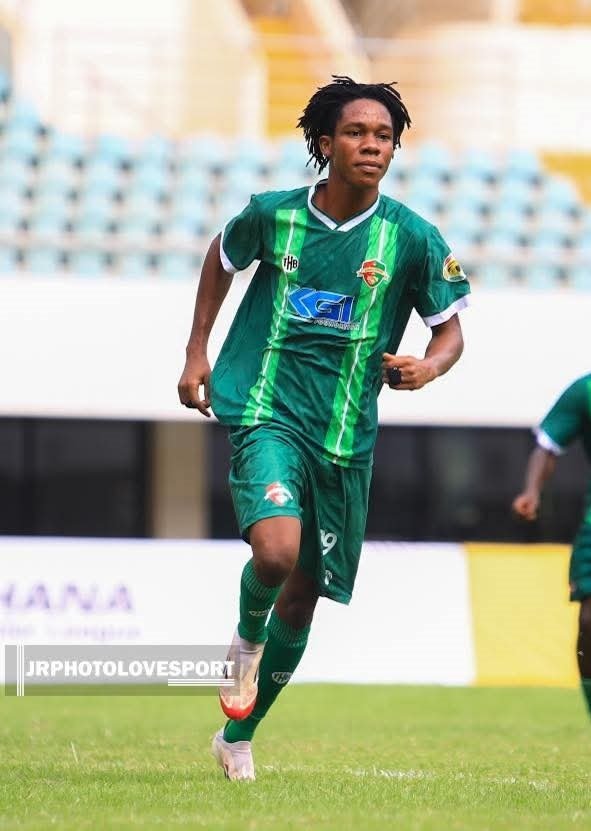Sports
Corruption trial of Diack begins

Lamine Diack, the former head of athletics’ governing body, arrived in court in Paris yesterday to stand trial on charges of corruption, money laundering and breach of trust linked to a Russian doping scandal.
Prosecutors allege he solicited 3.45 million euros from athletes suspected of doping to cover up the allegations and allow them to continue competing, including in the 2012 London Olympics.
Wearing a dark grey suit, Diack, who turned 87 on Sunday, read through his files as he awaited the arrival of the judges.
He has previously denied wrongdoing. His lawyers have said the accusations are baseless.
Diack, from Senegal, led the governing International Association of Athletics Federations (IAAF), now renamed World Athletics, from 1999-2015 and was among the most influential men in the sport. He lives under house arrest in Paris and faces a jail sentence of up to 10 years if convicted.
The trial had been due to start in January but was postponed after new documents containing testimony from his son and co-defendant, Papa Massata Diack, were submitted to the court.
Senegal has refused to extradite Papa Massata, who worked as a marketing consultant for the IAAF. He also faces charges of money laundering, corruption and breach of trust, according to the indictment, and will be tried in absentia.
The other defendants are Habib Cisse, Diack’s former lawyer at the IAAF; Gabriel Dolle, who oversaw doping tests at the IAAF; and Russians Valentin Balakhnitchev and Alexei Melnikov, who were Russia’s athletics’ federation chief and head athletics coach respectively at the time of the alleged cover-up.
Balakhnitchev and Melnikov were not in court.
Investigators at the French National Financial Prosecutor’s Office (PNF) describe a web of corruption in world athletics under Diack’s leadership.
In a separate case, French prosecutors are investigating alleged bribes related to the Olympics and World Athletics Championships.
They suspect Tokyo’s bidding committee bribed the Diacks in 2013 to secure votes, which the committee has denied.
Sebastian Coe, Diack’s successor, has undertaken to rebuild trust in athletics and has introduced changes to the sport’s governance. – Reuters
Sports
Otto Addo sets sights on strong 2026 FIFA World Cup start

Otto Addo is taking a calm and focused approach to the World Cup after being drawn against England, Panama, and Croatia in Group L.
“I look forward to every game as special,” he told ghanafa.org.
“Very important for us that we don’t underrate any team. For sure, England is the favourite in that group,” he acknowledged. “But for me as a coach, to be honest, I’m looking at each and every game equally.”
Addo is particularly focused on getting a strong start against Panama. “I’m hoping that we have a good start against Panama, that will be very, very crucial,” he said. “It will make the other games a little bit more relaxed and easier for the players psychologically. We will use the window of March for test matches, and then see,” he said.
Despite being a young team, Addo is proud of his squad’s progress. “I think we did very well in the qualifiers ” he said. “We didn’t lose a single official game, like the qualifying games, we did very well. We just played one draw and the rest we won, so we had quite a good year in 2025, after a bad year in 2024’’.
“Even though we have a very young team, we really, really did well, had a good harmony in the team, good union,” he added.
Ghana will open their FIFA World Cup campaign against Panama in Toronto on June 17 before facing England and Croatia in the other Group L matches on June 23 and 27 respectively.
Sports
Karela United Can Upset Hearts in Tamale

The unbeaten away run of Accra Hearts of Oak will be put to the test tomorrow when they visit the Aliu Mahama Sports Stadium in Tamale to play as guests of Karela United. Described as one of the top-liners of the weekend games, the match will pitch one of the best home teams against the best away team, with their records on the line.
After playing a pulsating 2-2 draw with Kumasi Asante Kotoko last week, league leaders Medeama SC return to their fortress, the TnA Stadium, to welcome Berekum Chelsea FC in a clash of former league winners. Medeama have struggled in recent times to hold their own against the ‘Bibires’, losing their last four games both home and away.
However, according to Head Coach of Medeama, Tanko Ibrahim, that sequence of results will come to an end tomorrow as they look to crawl out of the claws of their opponents with victory. Eleven points separate the sides, with Berekum Chelsea lying a distant 14th position on the log. They have been a pale shadow of themselves this season, and it remains to be seen if Coach Samuel Boadu’s side can keep the bragging rights over the Yellow and Mauves in what has been described as one of their worse starts to a league season.
Today, second-placed Kpando Heart of Lions will trek to the Kwame Kyei Sports Complex in Abrankese to play as guests of struggling Nations FC. Having suffered a 1-0 away loss to Basake Holy Stars in their last game, Nations FC would look to pick all three points to better their current 12th position.
In other games, the Hohoe Sports Stadium will come alive as new boys Hohoe United FC welcome Kumasi Asante Kotoko. The Nii Adjei Kraku II Sports Complex in Tema will host the Vision FC versus Young Apostles FC game, the Tuba Astro Turf will host the Dreams FC versus Bechem United FC clash, while the Nsenkyire Sports Arena will host the Samartex FC versus Bibiani Gold Stars game. High-riding Aduana FC will sort things out with Basake Holy Stars at the Nana Agyeman Badu I Park in Dormaa.
By Raymond Ackumey







